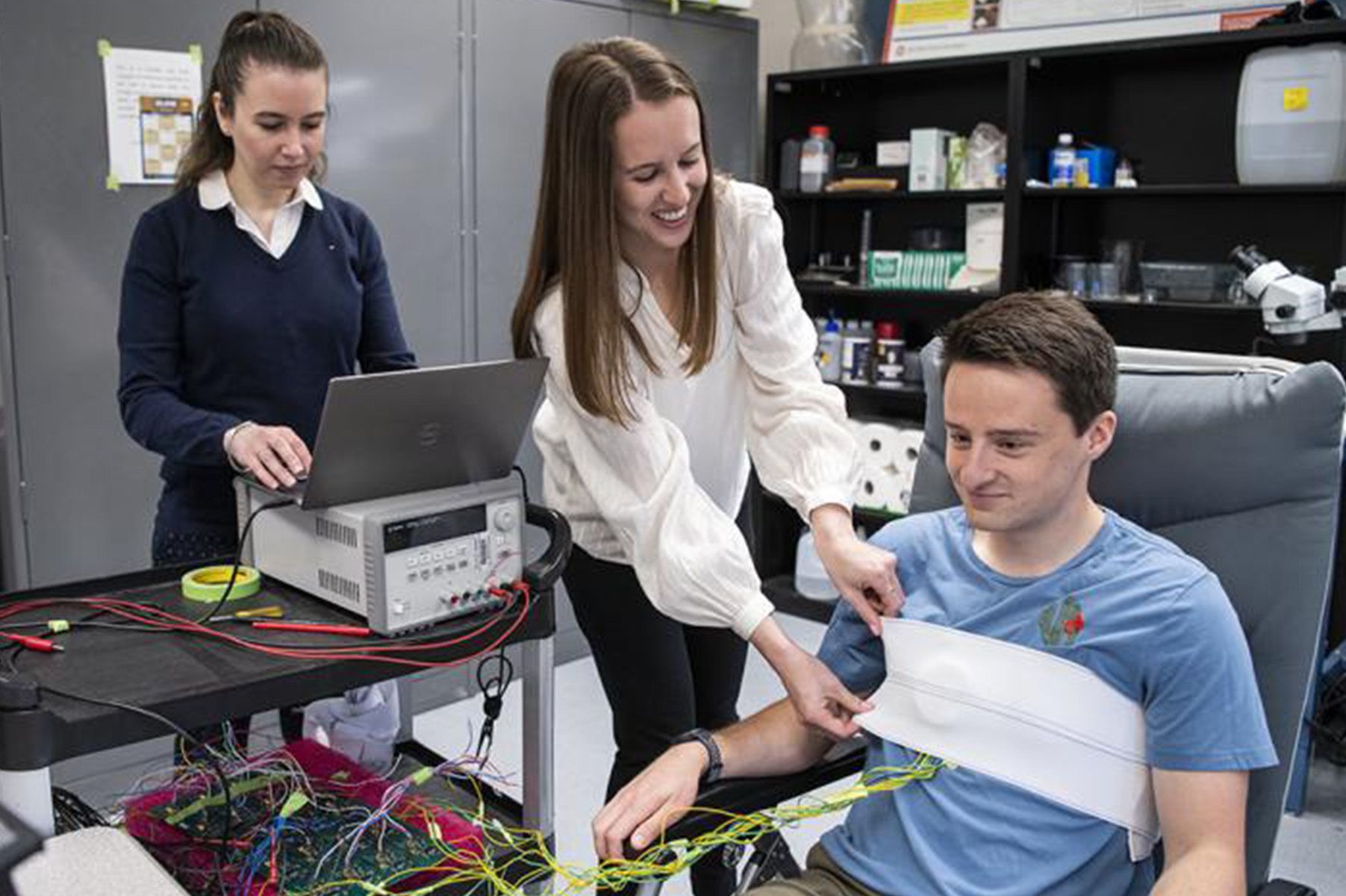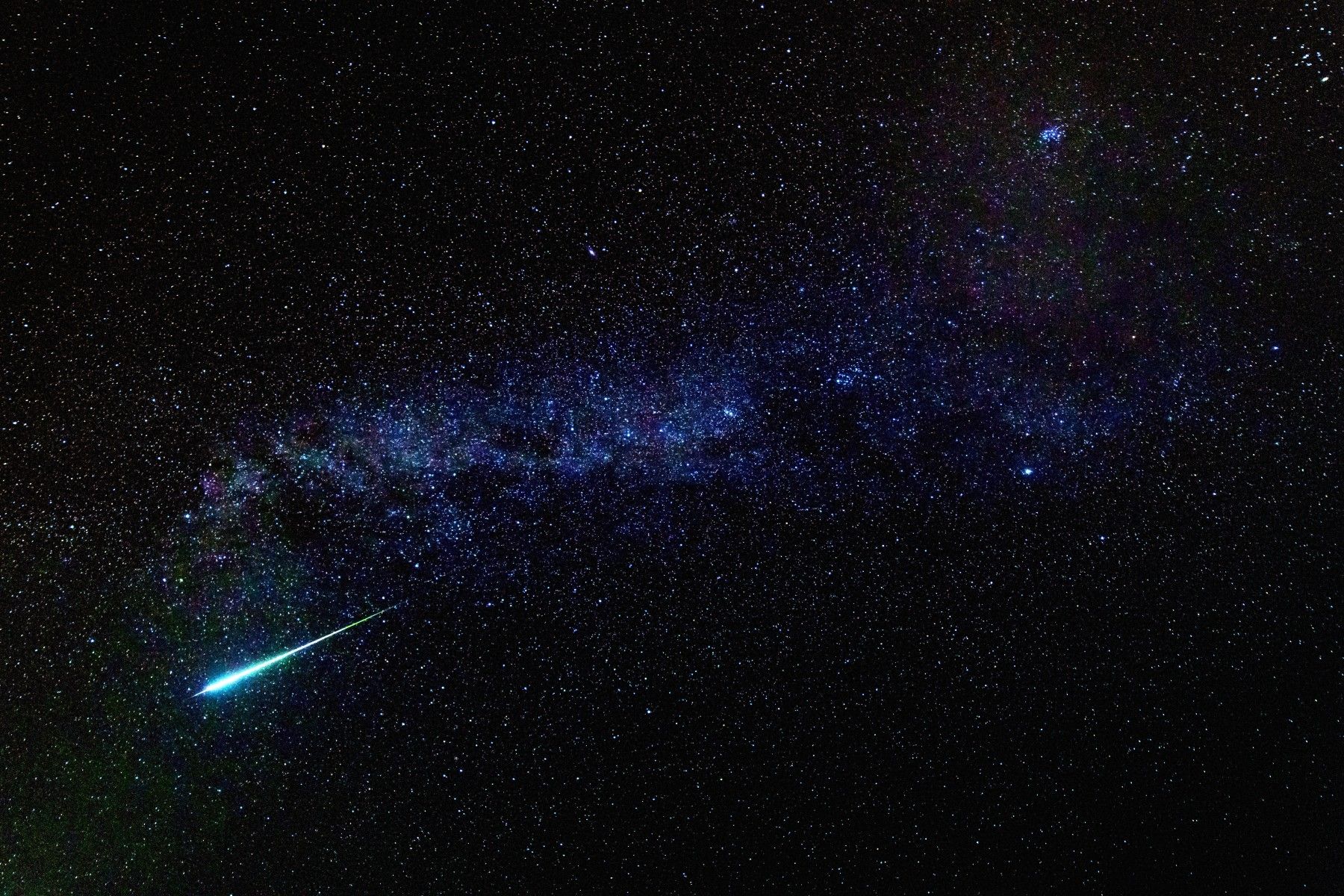Space at The Ohio State University
Space at The Ohio State University
Reaching beyond our world
Exploring the vastness of the cosmos

Space education and research
See how we continue to lead groundbreaking discoveries and prepare the next generation of innovators, explorers and policy makers in space research and aviation.
300+
Faculty members focusing on space related research
$40M
Awarded annually in space related research
100
Research grants awarded by NASA in 2020
Distinguishing Strengths
- Satellite-Based Position, Navigation, and Timing
- Dark Energy and Dark Matter
- High Energy Astrophysics
- Instrumentation for Spaceflight
- Space Microbiome
- Space-Power Generation, Distribution, and Storage
- Advanced Space Propulsion
- Orbital Debris and Space Traffic Management
- Human Factors / Human Machine Interfaces
- Space Communications and Antenna Design
- Geodesy and Mapping the Earth's Gravitational Field
- Galaxy Formation
- Supernovae
- Space-Based Remote Sensing
- Agriculture and Spaceflight
- Materials and Manufacturing for Spaceflight
- Space Nuclear Applications
- Artificial Intelligence and Autonomy in Spaceflight
- Passive Microwave Sensing from Space
- Space Policy
Interdisciplinary Centers and Institutes
Space News at Ohio State

The Ohio State University chosen as research home for Starlab's George Washington Carver Science Park Terrestrial Laboratory

Wearable tech to keep astronauts healthier

Astronomers create new technique to assist in search for dark matter
To learn more or connect with Ohio State smart mobility researchers,
please contact the Enterprise for Research, Innovation and Knowledge.

